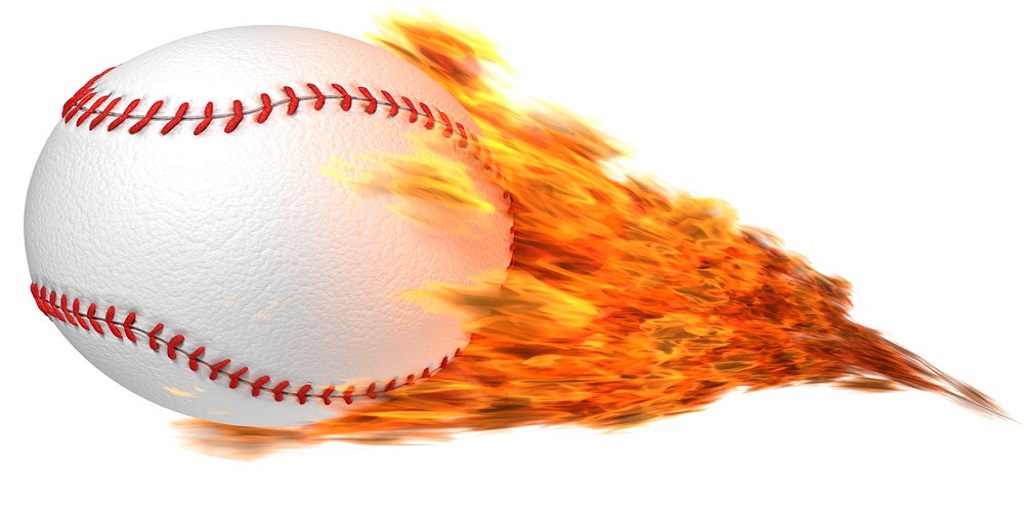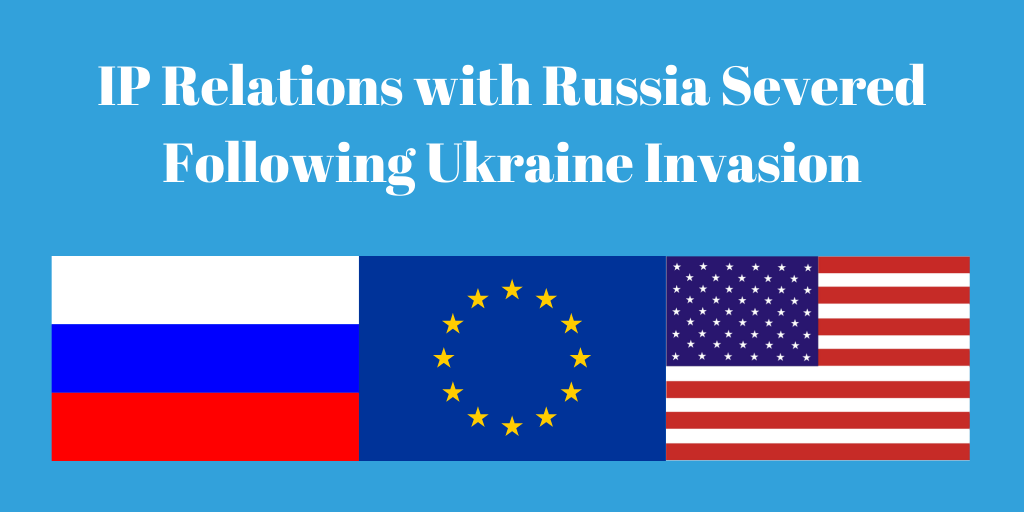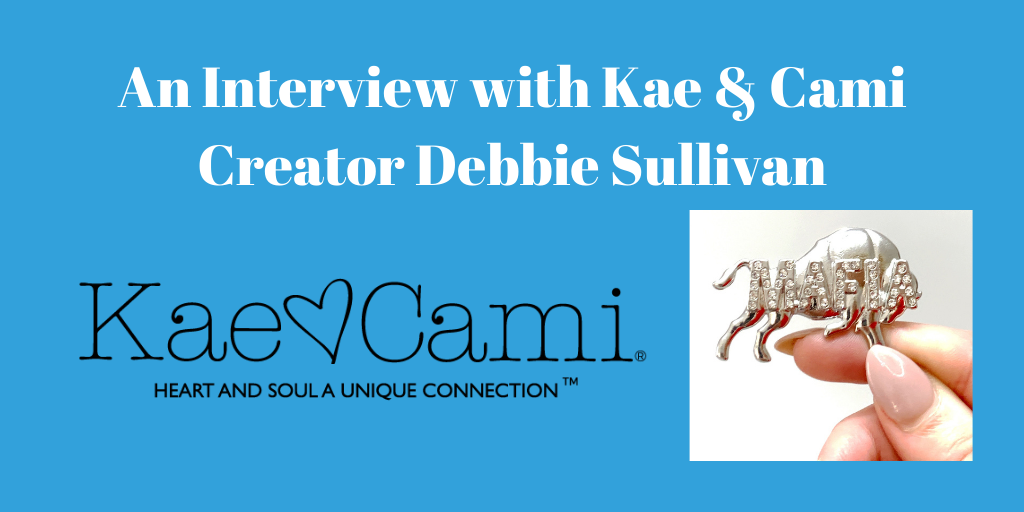In late May, the Supreme Court placed limits on a patent owner’s rights after sales. The Products, Inc. v. Lexmark International, Inc. case concerned Lexmark International, a manufacturer of laser printers and imaging products.
Lexmark sells and owns several patents covering toner cartridges used in its printers. Companies or individuals can refill and reuse the cartridges when they run out of toner. Some companies took advantage of this opportunity by purchasing used cartridges from Lexmark customers, refilling the cartridges, themselves, and reselling them at a lower price.
Eventually, Lexmark had enough and decided to sue several of the companies reselling its cartridges for infringement.
Patent Exhaustion Doctrine
The Supreme Court relied on the patent exhaustion doctrine to decide the case. The basic idea behind the doctrine is that once a patent owner sells a product, they can no longer control that product through patent laws.
The buyer is free to use the product any way they want, including reselling the product. Essentially, the buyer’s property rights in the product trump the seller’s intellectual property rights.
Lexmark had been forcing buyers to sign agreements that restricted their rights to resell the cartridges. Companies frequently make these agreements, but Lexmark incorrectly tried to enforce the agreement with patent infringement law. Lexmark could have sued the reselling companies under standard contract law. However, the Supreme Court stressed Lexmark no longer had any patent rights to rely on after it sold its cartridges.
The Court used an analogy to businesses that repair and resell used cars to explain its decision. These businesses are successful because they don’t have to worry about infringing every company’s patent involved in constructing the car. If they did have to tiptoe around the patents, it would greatly restrict the free flow of commerce.
The Supreme Court, also, made sure to extend its ruling to sales made outside the United States. If a company makes a sale overseas and the product is reimported into the States, the manufacturer still retains no patent rights.
Holding: (1) Lexmark exhausted its patent rights in toner cartridges sold in the United States through its “Return Program”; and (2) Lexmark cannot sue Impression Products for patent infringement with respect to cartridges Lexmark sold abroad, which Impression Products acquired from purchasers and imported into the United States, because an authorized sale outside the United States, just as one within the United States, exhausts all rights under the Patent Act.
This ruling may have a larger effect than people realize right now. Companies frequently sell products to foreign countries at lower prices on the condition the goods won’t be reimported back into the United States. This relationship may change in the future.









